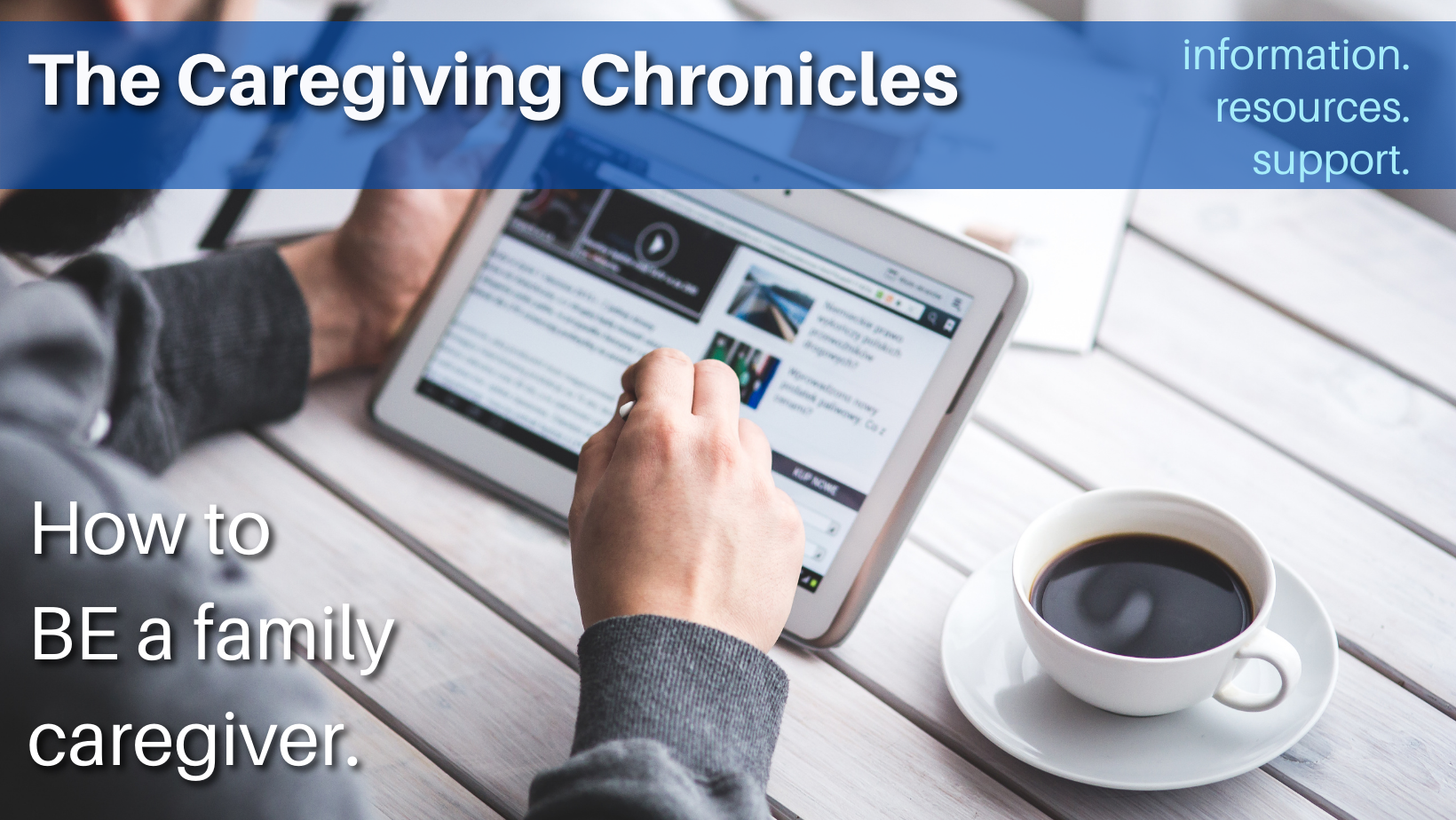TEXT SIZE
SHARE
Burnout a danger for caregivers, but there are ways to avoid it
Editor’s note: This blog post was submitted by Lauren Schiffman, Director of Communications for Century Health Systems, with input from Debra Hershon, RN, the Executive Director of Distinguished Care Options.
Prior to joining DCO, Hershon served as a staff nurse and Clinical Nurse Manager at the Natick Visiting Nurse Association and was a Care Transition Coordinator for both DCO and Natick VNA. She also won the Mracheck Award for Nursing Excellence while working at Faulkner Hospital.
By Lauren Schiffman
Anxiety. Depression. Exhaustion. Feelings of despair and loneliness. Severe changes in appetite. Self-neglect. Financial concerns. Decline in overall health.
These are just a few of the signs of caregiver burnout. And with nearly 66 million Americans providing care for loved ones – without compensation – this is an issue we all need to address.
In fact, in addition to caregiver burnout, caregivers experience a decrease in participation of their own everyday activities and tasks like exercise, attention to personal medical status or issues and spending time with friends.
Oftentimes, unpaid caregivers even sacrifice their jobs and regular income – whether willingly or not – to care for a loved one. In fact, almost 70 percent of unpaid caregivers had to “rearrange their work schedule, decrease their hours or take an unpaid leave in order to meet their caregiving responsibilities,” according to The Family Caregiver Alliance’s Selected Caregiver Statistics fact sheet. Additionally, “10 million caregivers over 50 who care for their parents lose an estimated $3 trillion in lost wages, pensions, retirement funds and benefits.”
These numbers are frightening.
So, what’s an unpaid family caregiver to do?
First of all, said Deb Hershon, RN, the Executive Director for Distinguished Care Options, caregivers must make time for themselves. “Whether it’s an hour of gardening, a trip to the movies or lunch with friends, caregivers can’t be effective in their role if their own health is suffering.”
Stress is a big issue for family caregivers, especially because many of them perform medical tasks on their loved ones, like IV administration and injections, which can cause problems for both the caregiver and the patient. “Think about the stress you might feel if you had to put an IV in someone’s arm – without any medical training,” Hershon said.
Other caregiving duties that can contribute to caregiver burnout are coordinating medical care for a loved one; food shopping and preparing meals; paying bills; managing a loved one’s home; and providing transportation, to name just a few.
Hershon said that there are ways for caregivers to take a step back from their caregiving duties to recharge themselves and avoid the dangerous “burnout” that many caregivers experience:
— Take a walk. Walking is good exercise and can serve as an opportunity to clear your head of the issues you experience as a caregiver.
— Plant some flowers or play around in a garden. Studies show “the benefits of horticultural therapy and garden settings in reduction of pain, improvement in attention, lessening of stress, modulation of agitation, lowering of as needed medications, antipsychotics and reduction of falls,” according to an Abstract on the US National Library of Medicine website.
— Get a massage. In addition to just feeling good, a massage can help people manage stress as well as help with issues like headaches, arthritis, insomnia and anxiety, to name a few.
— Listen to music. Music has long been used in therapeutic settings, and for caregivers, it can serve the same purpose. Listening to music can help improve one’s state of mind, ease muscle tension and help to manage depression – another common trait among caregivers.
— Get some help. No one can do it alone. There’s just not enough time in the day, and people need to manage their own lives, too. If you have the financial ability to do so, look into hiring a home health aide who can help your loved one with activities of daily living like bathing, toileting and meal prep. There is also subsidized care available for elders meeting needs requirements and within income guidelines in the Massachusetts Home Care Program offered through your local Aging Services Access Point.
Alternatively, a companion can spend time with your loved one doing something that will help him or her – like reading to her, listening to music, or simply encouraging your loved one to reminisce about his or her life. A companion can also provide you with much-needed and well-deserved time for yourself.
Where can folks turn to get more information and support on caregiving and caregiver burnout?
• Check out our Guide to Caregiving section here at Caregiving MetroWest
• Caregiver Magazine has a section on caregiver burnout
• AARP’s Caregiving Resource Center offers stress management tips for caregivers
• Caring.com also has information on caregiver burnout
• Caring Connections offers help for caring for the caregiver



